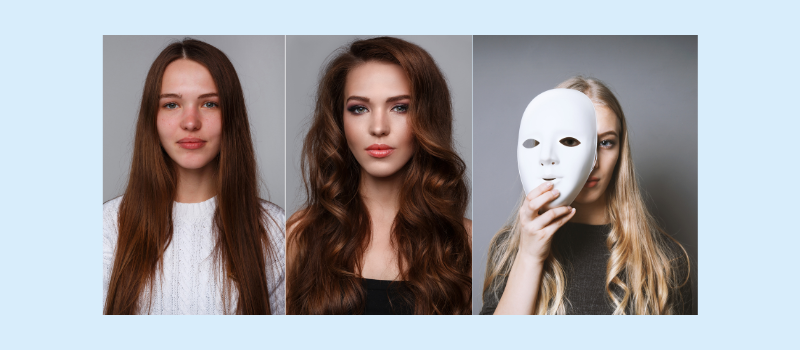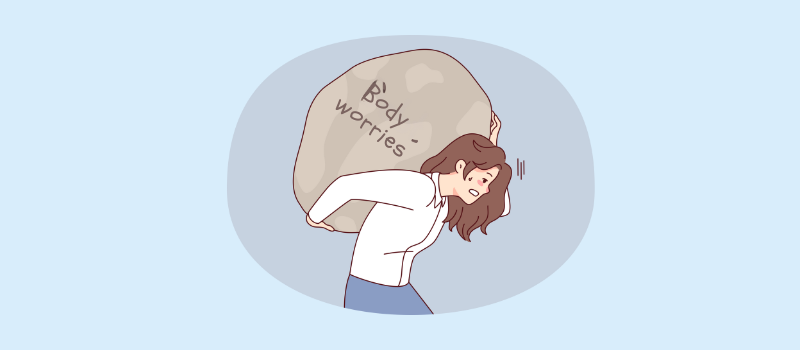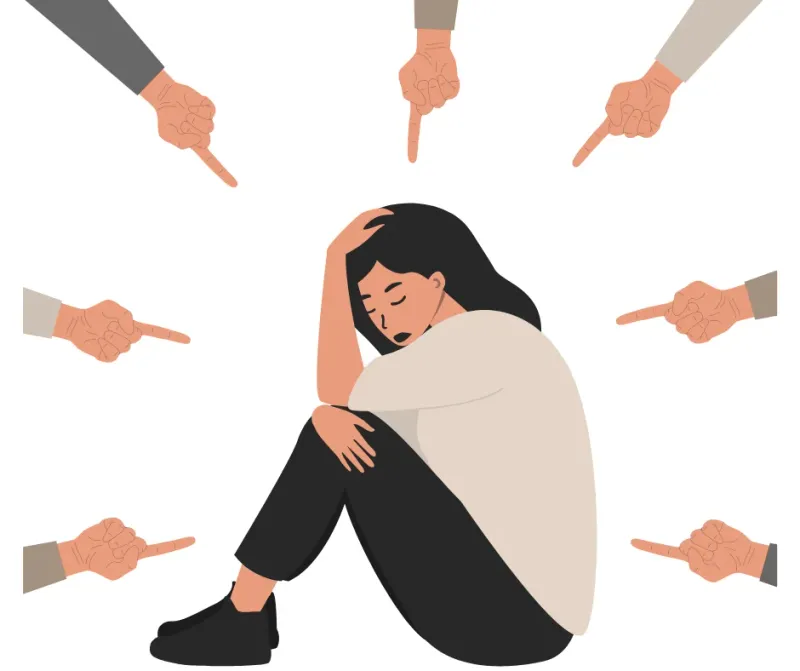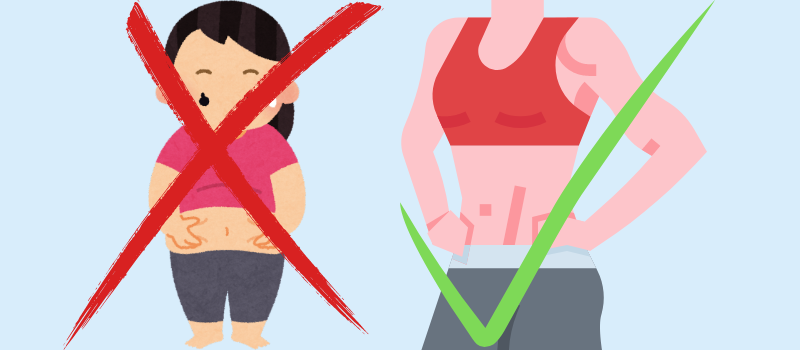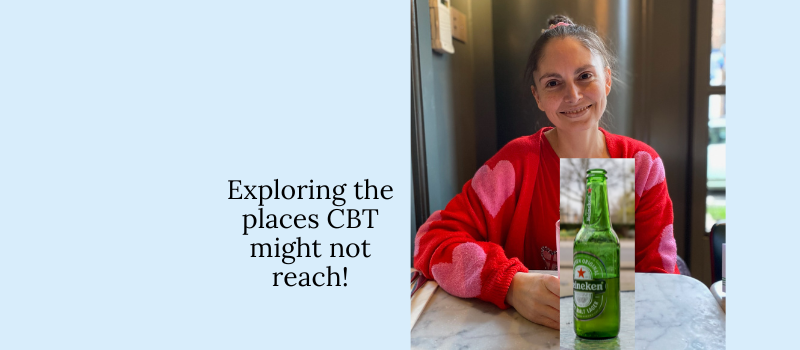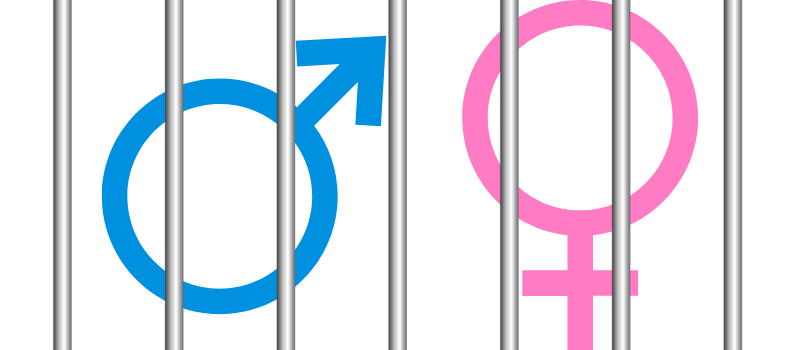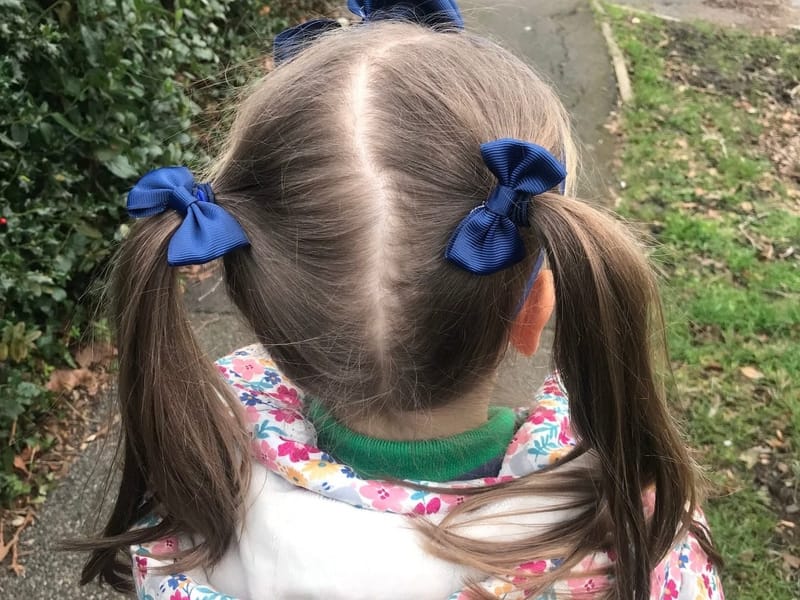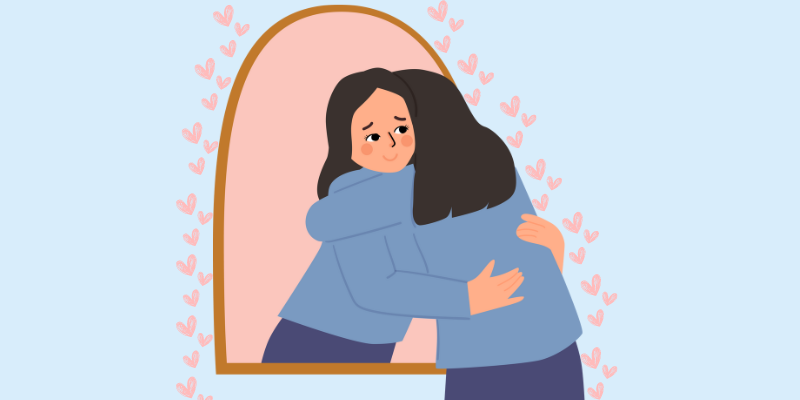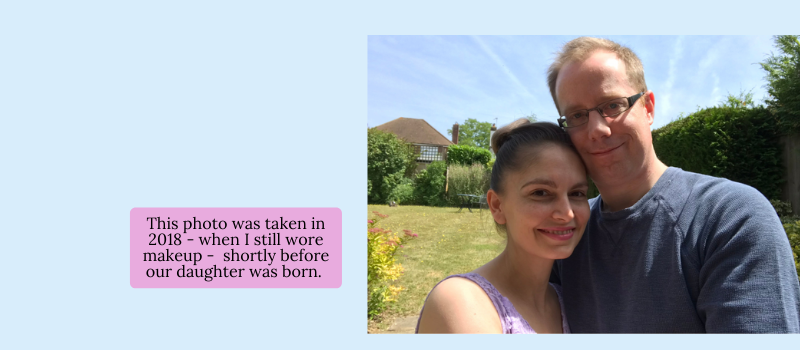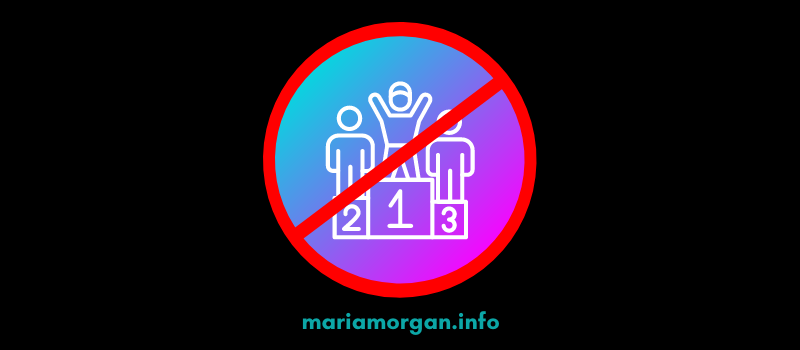BLOG
Your body is yours to enjoy. It's never too late to heal, and it's always worth it!
Makeup: celebration or prison?
Many people all over the world take pleasure in adorning their bodies with colour. It can be a wonderful celebration of the beauty of life. But for many, makeup can turn into a mask to hide their perceived inadequacy.
What's the role of anger in healing?
Anger has an important role to play in our lives, but it must be handled with care. How we relate to our anger can have a significant impact on our health.
We look for evidence of our value in the wrong place.
We tend to look for evidence of our value outside ourselves - to other people’s opinions, treatment of us, or to the events of our lives. But that is the way of suffering. Fortunately, there is another place we can experience our value firsthand.
Low moods are easier without body worries.
All my negative, limited, conditioned thinking about my body piled on an additional layer of suffering to my life. Since being free of it, life feels lighter. Even when I feel down, I’m grateful that I don’t worry about what I look like anymore.
The price of shame
Shame is the sense that we are essentially flawed. It's very painful and stops us achieving our full potential. Letting go of it tends to be an ongoing process which brings the gift of greater freedom and joy over time.
My stomach was never meant to be flat.
For so much of my life I felt ashamed of the roundness of my stomach. I thought it made me inferior to other women with flat stomachs. I wasted years of my life trying to flatten it only to realise there's nothing wrong with a round belly. Better late than ever!
The places Cognitive Behavioural Therapy (CBT) might not reach: how exploring your spiritual nature can help you heal your body image woes.
Although CBT helpfully points to the fact that our feelings and behaviours are a reflection of our beliefs (thoughts we take seriously), the solution – trying to change your thoughts – can often just feel impossible. But what if there is more to who you are than your thoughts and feelings and behaviours?
Do you feel insecure about your attractiveness because you don’t think you look feminine or masculine enough?
Feminine and masculine ‘ideals’ often focus on the natural, biological differences between men’s and women’s bodies and then exaggerate them. But can feminine or masculine traits really be reduced to the size and shape of a person's body parts?
Grieving the right thing: why you don't need to accept the 'fact' you're ugly or unattractive.
After years of never quite managing to achieve the appearance they want, many people conclude that the answer is to give up on their dream of being attractive and resign themselves to the fact that they're ugly. That was my journey. Fortunately, I eventually realised that this perspective stems from a huge misunderstanding. No one needs to accept that they're unattractive. Read on to find out why...
For people who get upset when they see themselves in a photo or in the mirror…
Seeing our reflection in the mirror or a photo of ourselves we don't like can often trigger a fast, intense habitual reaction. By slowing down and getting curious and humble, we can break this cycle and bring kindness to our suffering. This is how we heal.
Love brings out the best in us.
Love can help us learn, grow and heal. It brings out the best in us. Judgement tends to have the opposite effect. As we learn to drop the habit of fault-finding with ourselves and others, we create more space for healing to unfold, and become a more positive force for good in the world.
No one looks any better or worse than you.
Is beauty subjective or objective? And why does this matter anyway? Could the answer hold the keys to your freedom from body image suffering? Read this post to find out...
